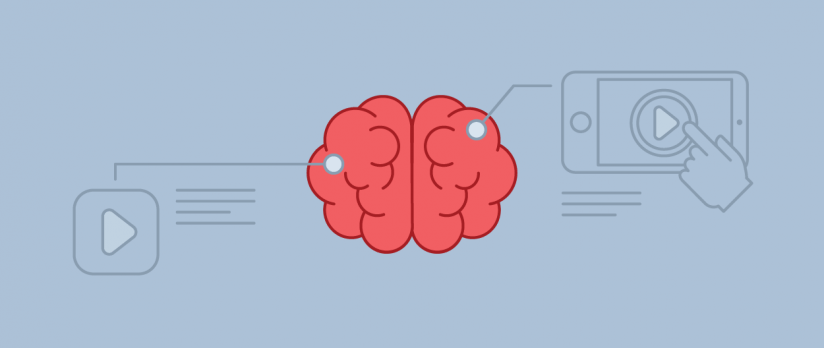Many mobile game developers need to wear more than one hat to successfully make a living from building mobile games.
On top of juggling all development duties including programming and design, mobile game developers — from a one-person band to a small indie studio — handle business, legal and marketing responsibilities.
Part of handling business responsibilities as a mobile game developer often involves managing a monetization model. Mobile game developers find themselves in uncharted waters when faced with the proposition to navigate this business duty. Many developers choose an ad-based business model, such as rewarded video ads, which makes them responsible for integrating an SDK and managing campaigns. But there’s more to making money for a mobile games business with rewarded video ads than simply integrating them in games.
Psychology plays a critical role in your ad-based monetization strategy, but it isn’t always given the attention it deserves. Certain moments in your game can trigger emotions that drive actions.
Below, we dive into the psychology behind rewarded video ad placement and share three moments where you can place rewarded video ads to improve conversion rates and keep players happy.
1. Rescue Moment
As Alfred from Batman Begins most famously said to Batman, “Why do we fall? So we can learn to pick ourselves up.” But let’s face it, most mobile gamers won’t show the same mettle as Batman. Unless your player base is a Super Hexagon-loving, masochistic bunch, players could use a helping hand when they are left in shambles after failing a difficult level.
Most people’s brains are hardwired to avoid loss. The prospect of failing a stage and losing progress in a mobile game can be a powerful motivator for players to take action. You can provide a shot in the arm for players in their hour of need. During this moment, you can offer players the choice to engage with opt-in rewarded video ads. In exchange, players receive that much needed extra life, restart from where they last died, or an in-game item that helps with vanquishing that dastardly boss. GameResort’s Stupid Zombies features a prime example of a rewarded video ad placement that offers players an Air Strike when they are stuck on a level.
2. Achievement Moment
Mobile games are designed to present players with concrete, achievable goals. The act of achieving goals delivers a dose of dopamine to players that flows into their desire to continue completing even more goals. Mobile game developers administer various goal mechanisms such as quest systems or level systems to improve self-efficacy and motivation in players.
In a moment of triumph, you can enhance the sense of achievement by presenting an optional rewarded video ad that gives players a little extra–such as in-game currency or in-game items–for their accomplishment. For example, boss battles are a chance for players to put everything they’ve learned and mastered to the test. A rewarded video ad can be placed after this moment to commemorate players successfully conquering a boss.
3. Break Moment
Mobile devices fundamentally changed the way players consumed games. If gaming platforms were characterized as meal components, console games would be the main course and mobile games the snack. Unlike console games, which are played in large chunks of time, mobile games are played in bit-sized chunks. Players interact with mobile games multiple times throughout a day, taking frequent breaks between each game session.
Many free-to-play developers design game loops that are meant to be quick and short to accommodate the nature of the mobile platform. Developers utilize a rest mechanic that encourages players to take a break and return to the game following a short hiatus. In essence, the rest system allows players to increase their rate of progress while they are taking a break by accumulating a bonus modifier for experience point, resource or other types of gains. Generally, the rest bonus slowly builds over time while the player is away.
This is a logical moment for you to serve a rewarded video ad that enhances the effect of a rest mechanic, such as doubling the rest bonus rate. The reward reinforces players to return to your game.
If you structure your ad scheme around psychological principles, rewarded video ads will pay dividends in the long run.




